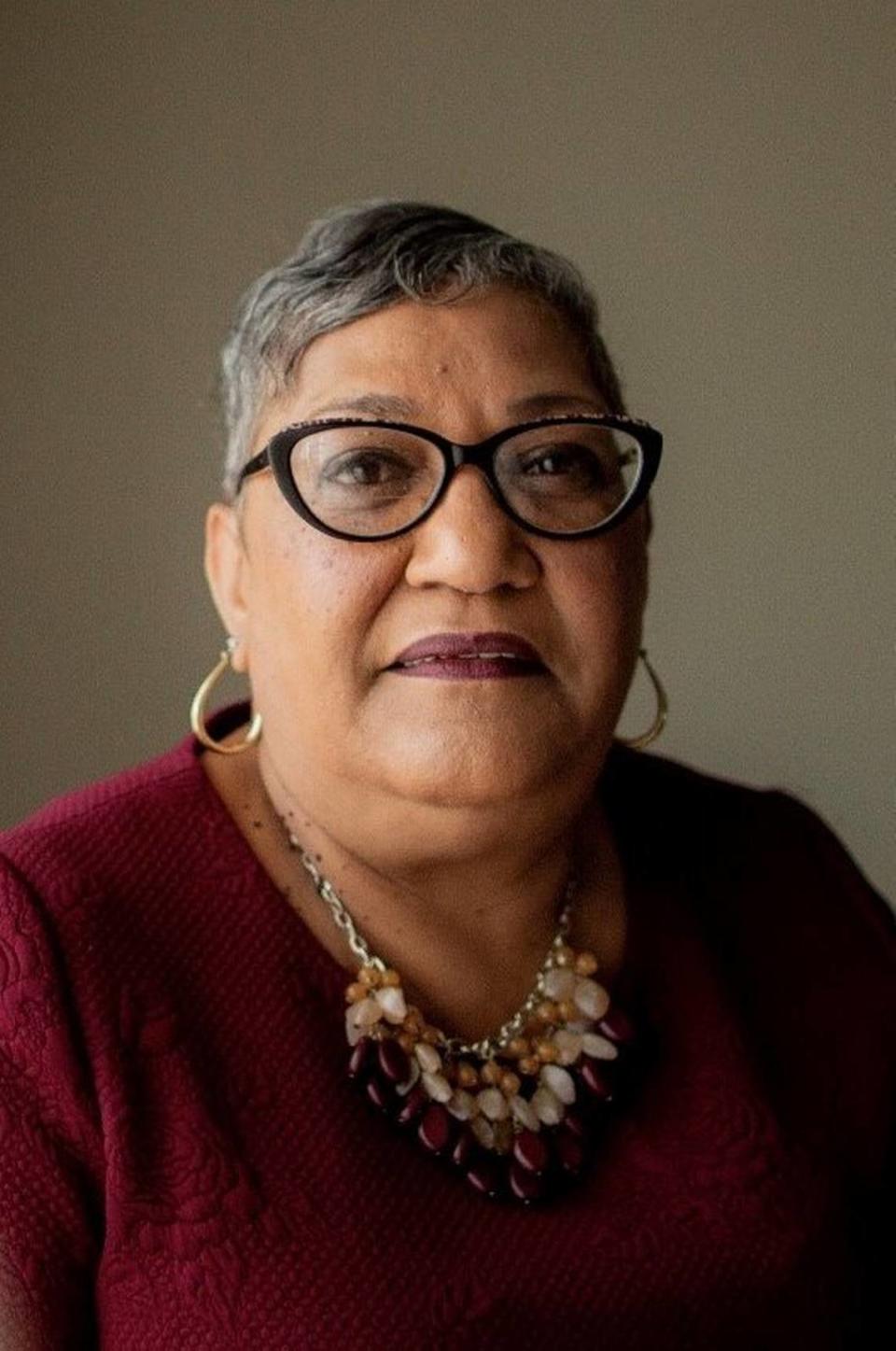NC minister: I’ve forgiven my mother’s killer, Dylann Roof | Opinion
I know what it means to have my faith tested. Eight years ago this week, I was a hospital chaplain in Dallas, Texas when I got the shattering news: My mother and two cousins were among nine people shot to death at Emanuel AME Church in Charleston. They welcomed a stranger into their sacred space and were killed for no other reason than the color of their skin.
Since that terrible day, my life has completely transformed. I faced my loved ones’ killer at his trial and watched as he was sentenced to death. Traumatized and exhausted, I left my job in Texas and moved to be near my children in Charlotte. I published a book and now travel the country speaking about my experience.
However, the most important thing has not changed. My faith tells me that every human being has the potential for redemption and the death penalty is immoral. That’s why I’m joining people of faith from across North Carolina in asking Gov. Roy Cooper to commute our state’s 136 death sentences to prison terms.

I am one of more than 300 leaders from all of our state’s major faith traditions who signed a letter asking the governor to use his power to reduce extreme sentences. A commutation is not a pardon, and it does not exonerate or excuse a person from punishment; a person could receive a commutation and remain in prison for life.
In this case, commutations would ensure that unjust and racist executions are never carried out in our names.
I was shocked when I learned that even though North Carolina stopped executing people in 2006, we still have the fifth largest death row population in the country. A disproportionate number of those people are Black, and more than half of them were sentenced by overwhelmingly white juries.
I also learned that since the 1970s 12 people have been exonerated from death row in our state, and 11 of them were people of color. They were sentenced to death despite being innocent. Considering the many inequities and errors of our criminal legal system, there are surely more innocent people who still sit on death row.
As a person of faith, I cannot stand by while innocent people are sent to death row and racism infects a system that determines who lives and who dies. That’s why I have joined with the N.C. Coalition for Alternatives to the Death Penalty, which in December, launched a commutation campaign led by people like me who have lost loved ones to murder. Now, people of faith and families who have experienced homicide are standing side by side to call for an end to North Carolina’s death penalty.
I can tell you from difficult personal experience that the death penalty will not heal my pain or create a more just world. Instead of fighting for an execution, I’m fighting for common sense gun laws that would prevent more people from being senselessly gunned down in churches and schools and countless other places. Gov. Cooper should do the same by focusing on public safety measures that work, and leaving behind a broken death penalty system.
I also speak openly about how my faith has led me to forgiveness. Forgiving my mother’s killer has freed me from the grip of anger and grief. My loving memories of my mother are no longer clouded with hatred for her killer.
After such a terrible crime, getting to a place of forgiveness was a long and painful journey. I’m not asking Gov. Cooper to go even half that far. I’m only asking him to ensure that people on North Carolina’s death row can live out their God-given lives in prison. With that action, he could send a message that North Carolina is ready to enter a new era in which killing does not masquerade as justice.
Rev. Sharon Risher is a speaker, author and spokesperson for Everytown for Gun Safety and Death Penalty Action. Her book, “For Such a Time As This: Hope and Forgiveness After the Charleston Massacre,” was published in 2019. She lives in Charlotte.

